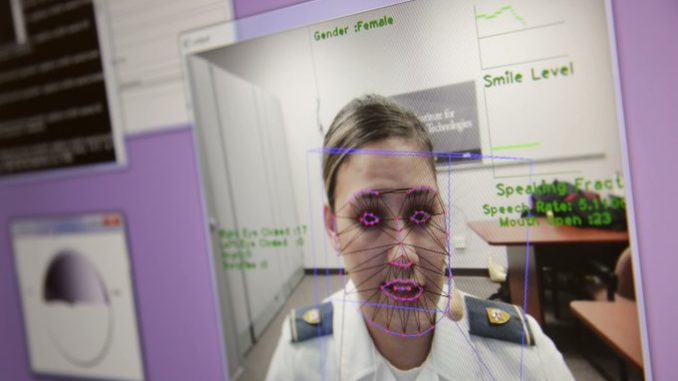
Investors see health care’s future as inextricably linked with artificial intelligence. That’s obvious from the cash pouring into AI-enabled digital health startups, including more than $3 billion in the first half of 2022 alone and nearly $10 billion in 2021, according to a Rock Health investment analysis commissioned by POLITICO.
And no wonder, considering the bold predictions technologists have made. At a conference in 2016, Geoffrey Hinton, British cognitive psychologist and “godfather” of AI, said radiologists would soon go the way of typesetters and bank tellers: “People should stop training radiologists now. It’s just completely obvious that, within five years, deep learning is going to do better.”
But more than five years since Hinton’s forecast, radiologists are still training to read image scans. Instead of replacing doctors, health system administrators now see AI as a tool clinicians will use to improve everything from their diagnoses to billing practices. AI hasn’t lived up to the hype, medical experts said, because health systems’ infrastructure isn’t ready for it yet. And the government is just beginning to grapple with its regulatory role.
